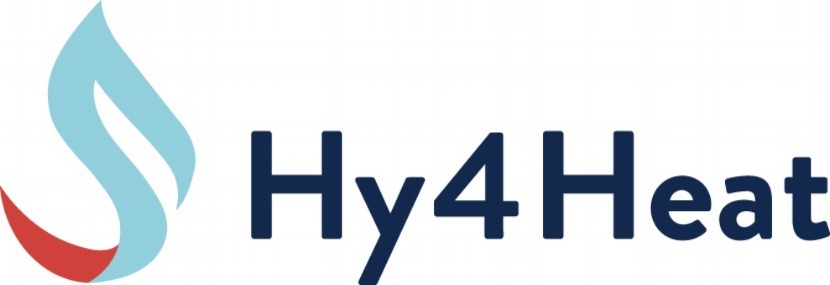Answers to some frequently asked questions
What domestic appliances are being developed for use with hydrogen gas?
The largest work package in Hy4Heat programme (WP4) is for the development of a range of domestic hydrogen appliance types including:
- boilers
- cookers
- fires
- innovative domestic hydrogen gas appliances
The objective of WP4 is to produce prototype appliances which can demonstrate safe use of hydrogen as a fuel in providing domestic heating, hot water and cooking requirements.
Where will the prototype domestic appliances be available for demonstration?
DNVN GL's test site in Northumberland has Baxi and Bosch boilers installed. Also there are also two showhomes being built in Gateshead that will have hydrogen appliances on display.
A creative communications agency has been appointed by BEIS to develop installations for use in future exhibitions and conferences.
When you say ‘like for like’ appliances, ‘hydrogen ready’ appliances, ‘adaptable’ appliances and ‘dual fuel’ appliances – what do these phrases mean?
• ‘Like for like’ describes appliances that have existing reference appliance that uses natural gas
• ‘Hydrogen ready’ refers to appliances that are optimally designed to run on hydrogen, but initially configured to run on natural gas. These appliances then may require a minimum number of components to be changed at the point of switchover but will have been specifically developed to facilitate this process
• ‘Adaptable’ refers to the replacement of a minimum numbers of key components within existing natural gas appliances to allow them to run on hydrogen
• ‘Dual-fuel’ refers to the ability to interchange between gas types without the need to change over components
We’re using the same definitions as the BEIS-commissioned report: ‘Appraisal of Domestic Hydrogen Appliances’ by Frazer-Nash Consultancy, 2018
Check out our glossary to understand any terms we use, and if there are any words / phrases that are missing let us know hy4heat@arup.com
What is the SBRI pre-commercial procurement approach that was used for work package 4, domestic appliances?
SBRI stands for small business research initiative. A 'challenge' is set by government for businesses to create innovative solutions.
Work Package 4 and some others use an SBRI approach for pre -commercial procurement approach - in order to facilitate innovation by providing an opportunity for the best solutions to be delivered, which have greater chance of commercial success after the Competition ends.
As Intellectual Property (IP) is an important consideration for commercial manufacturers, using this procurement approach means that suppliers receive financial support and retain the IP generated - with certain rights of use retained by BEIS.

